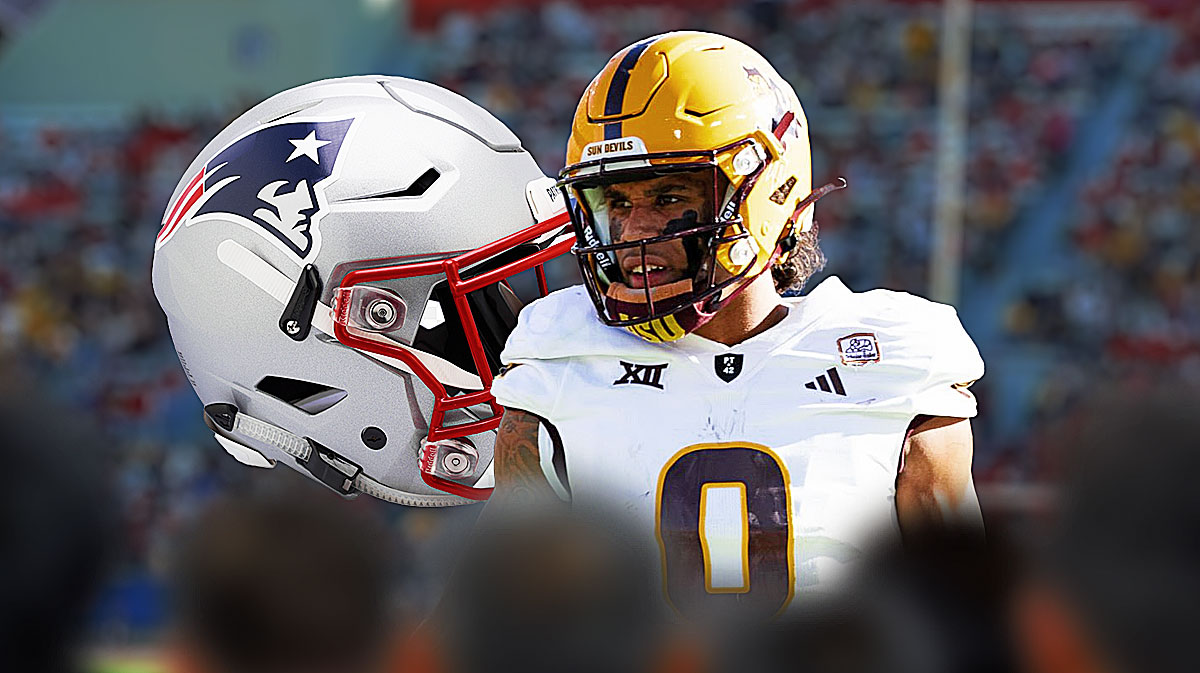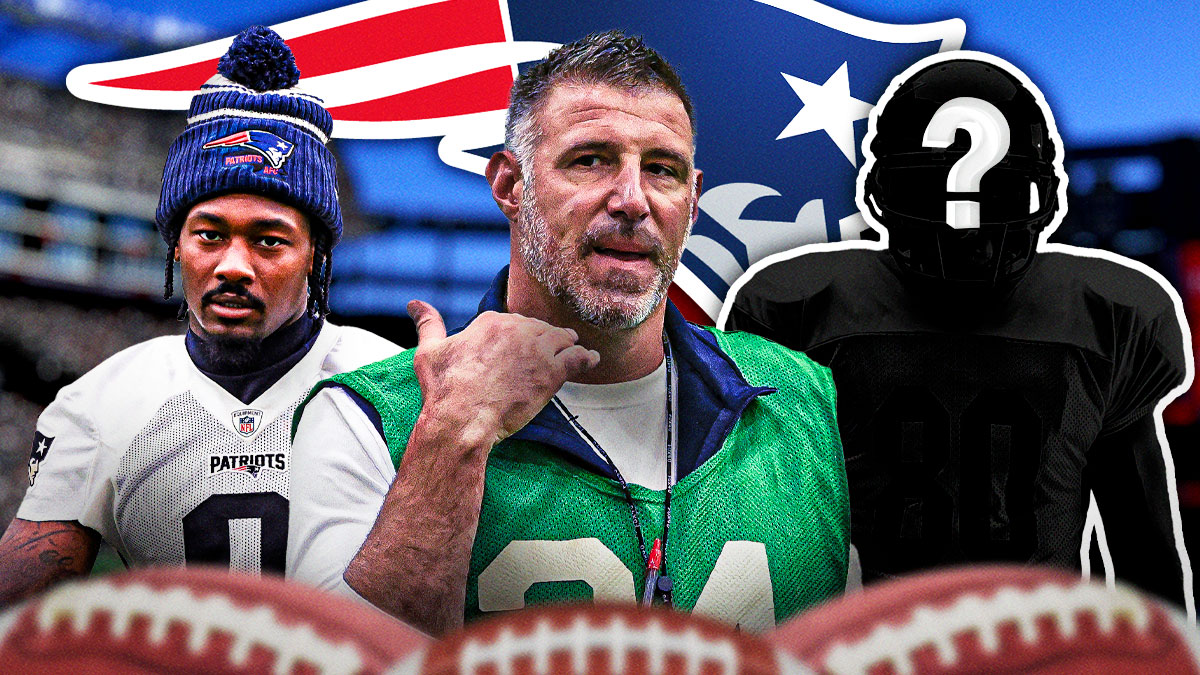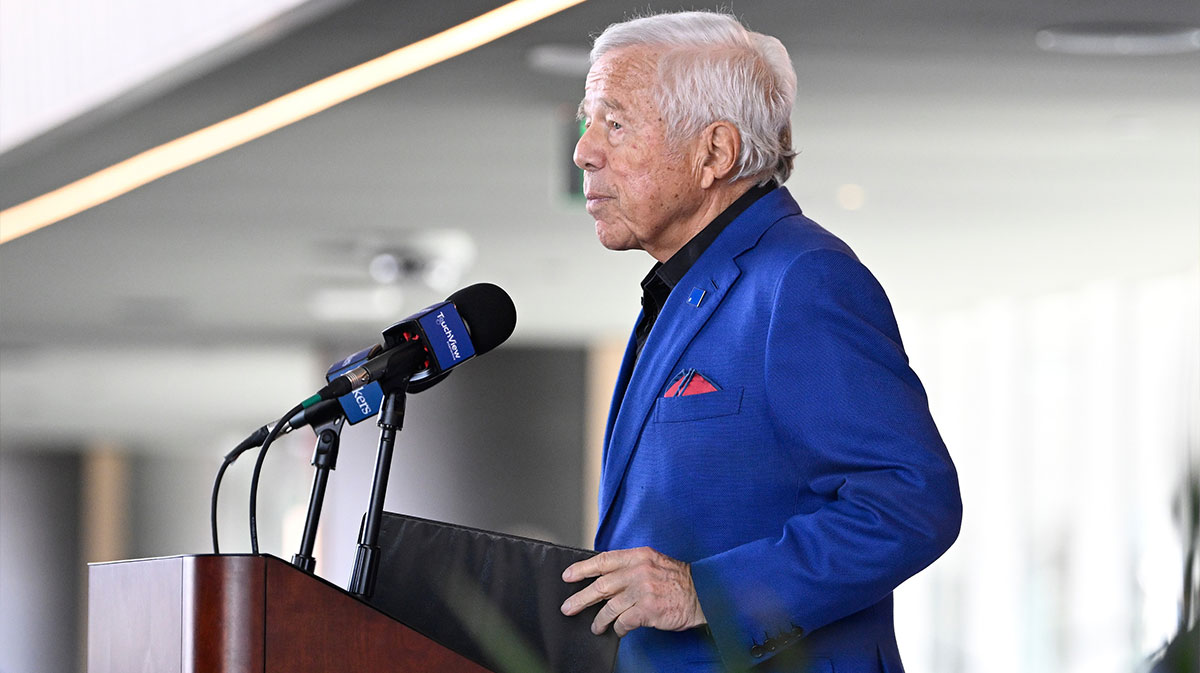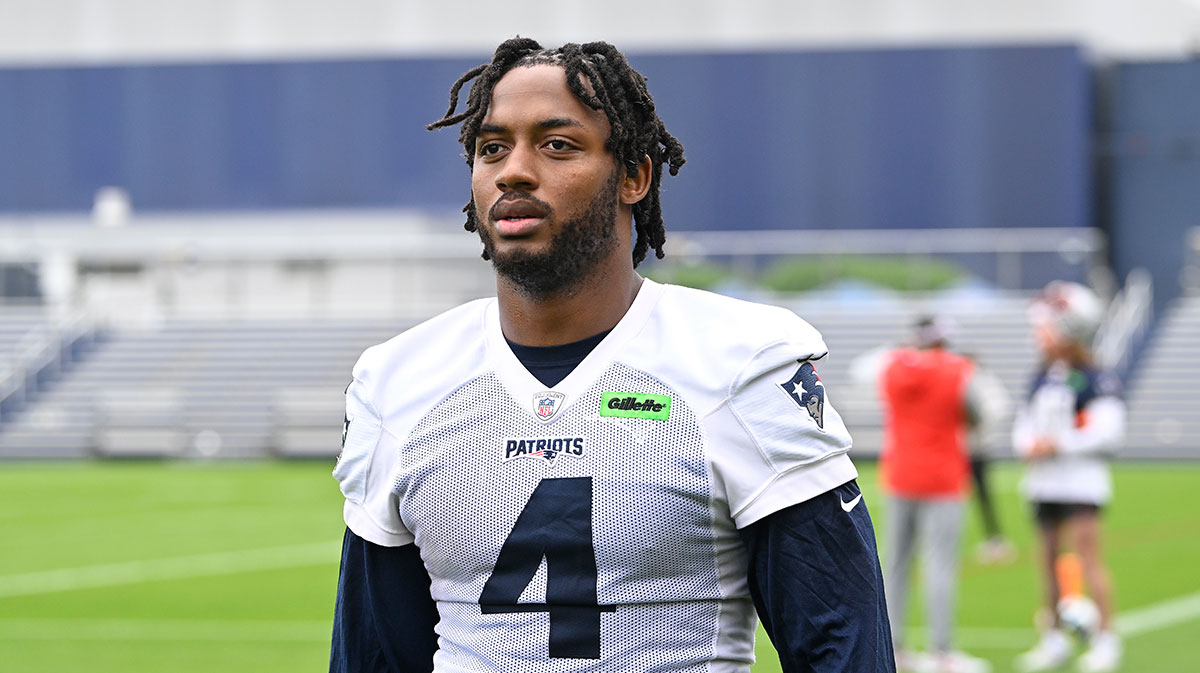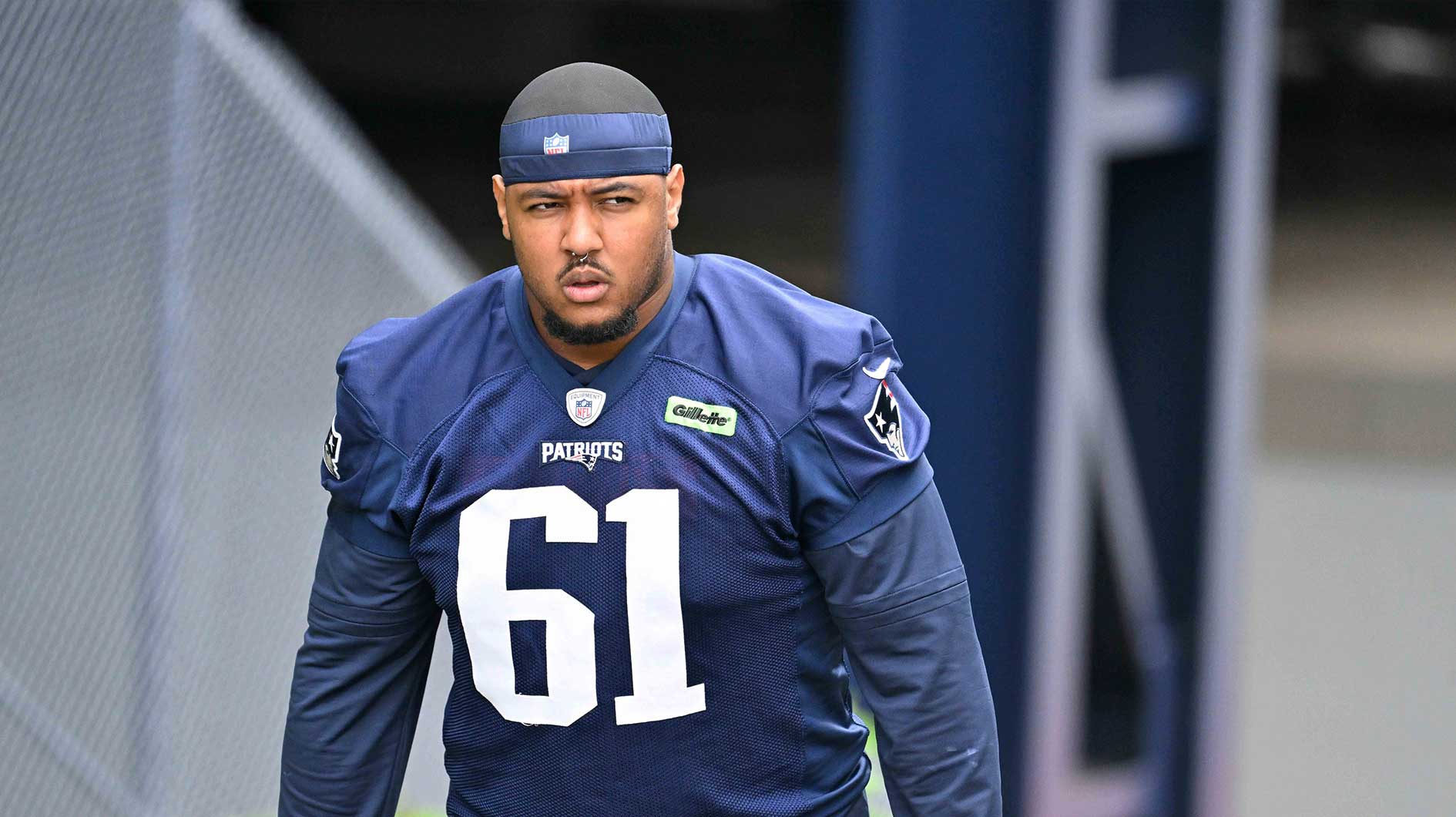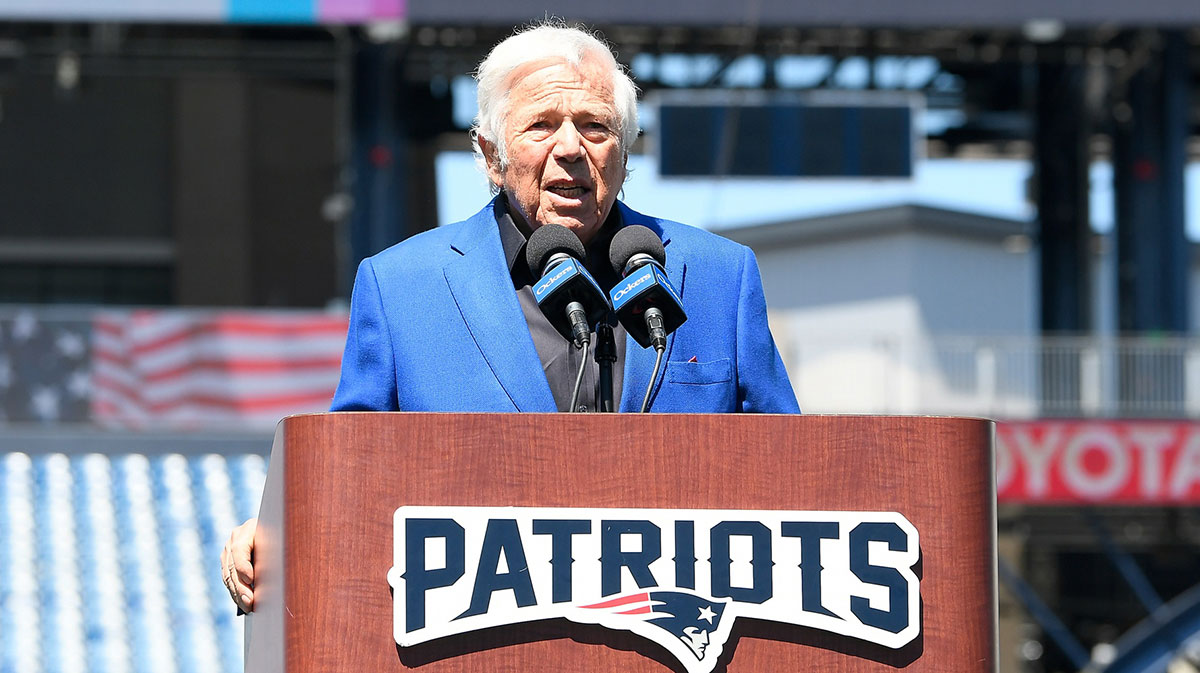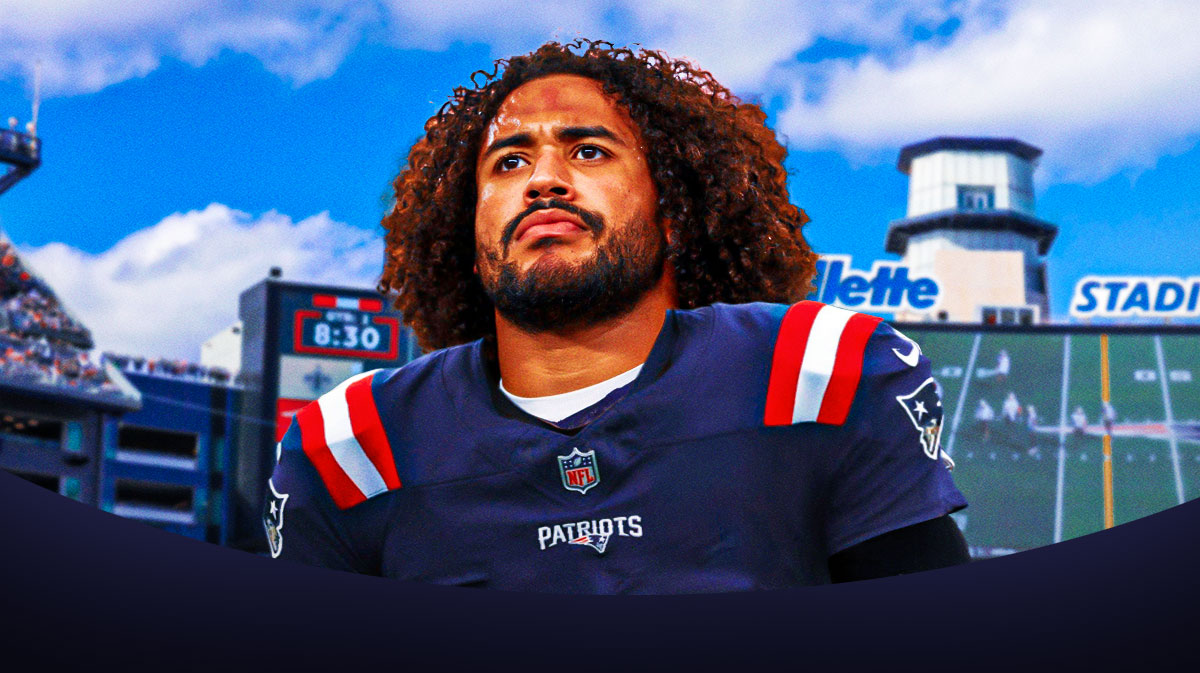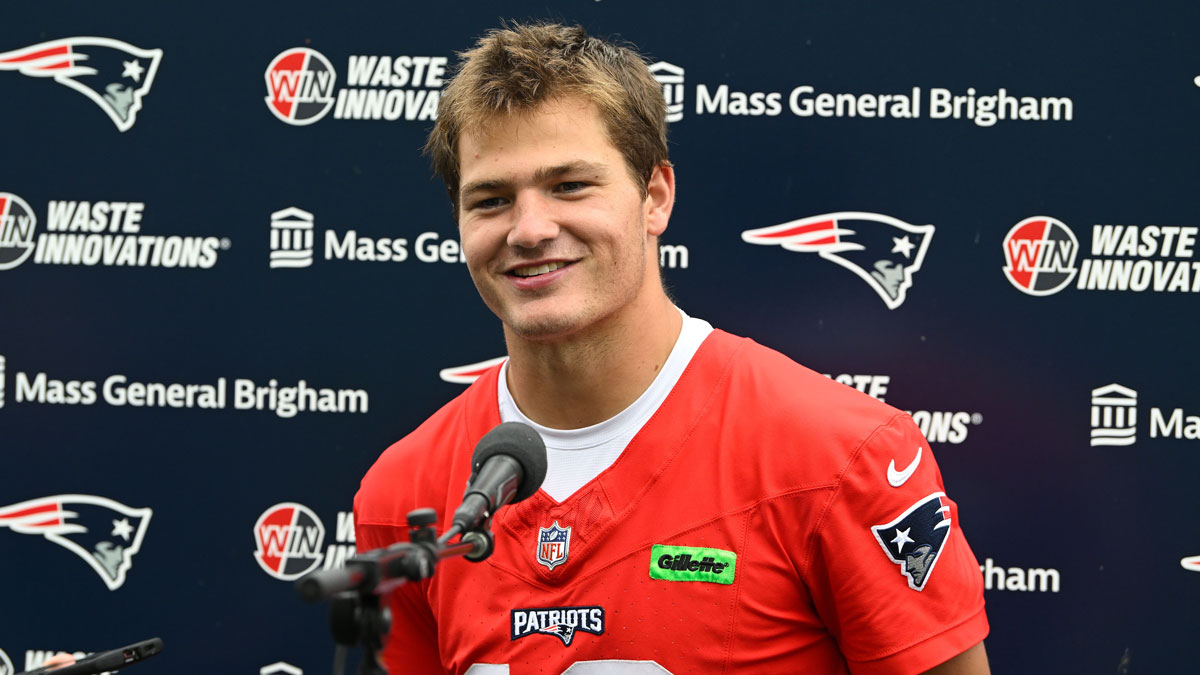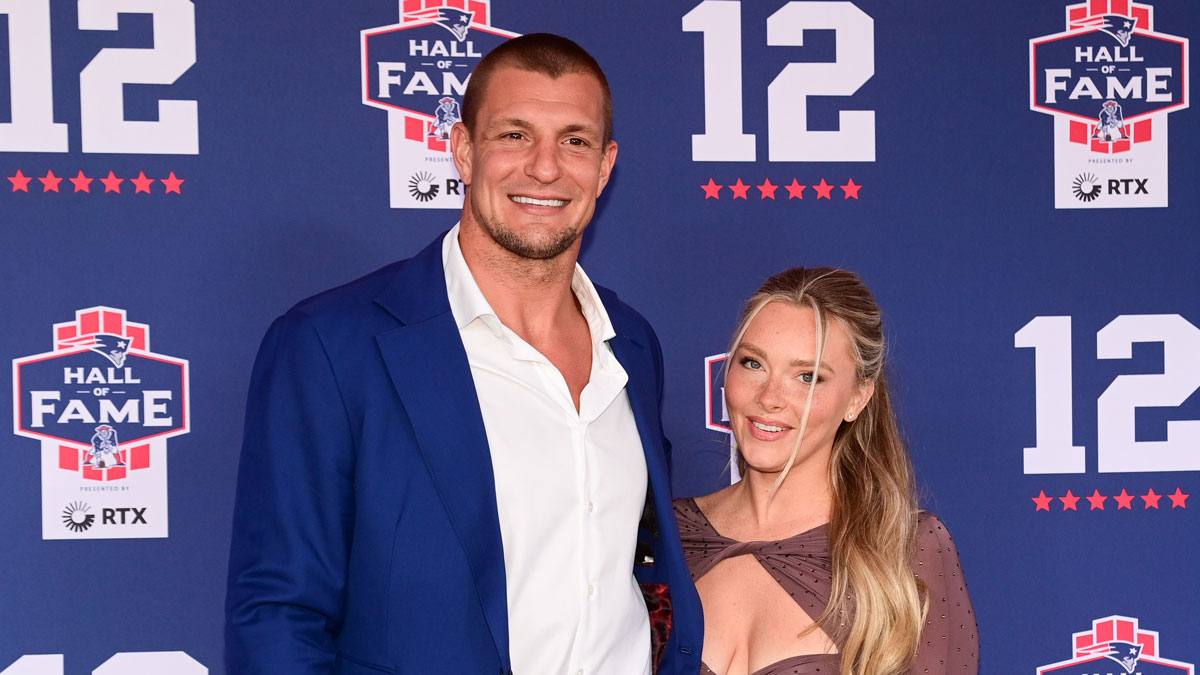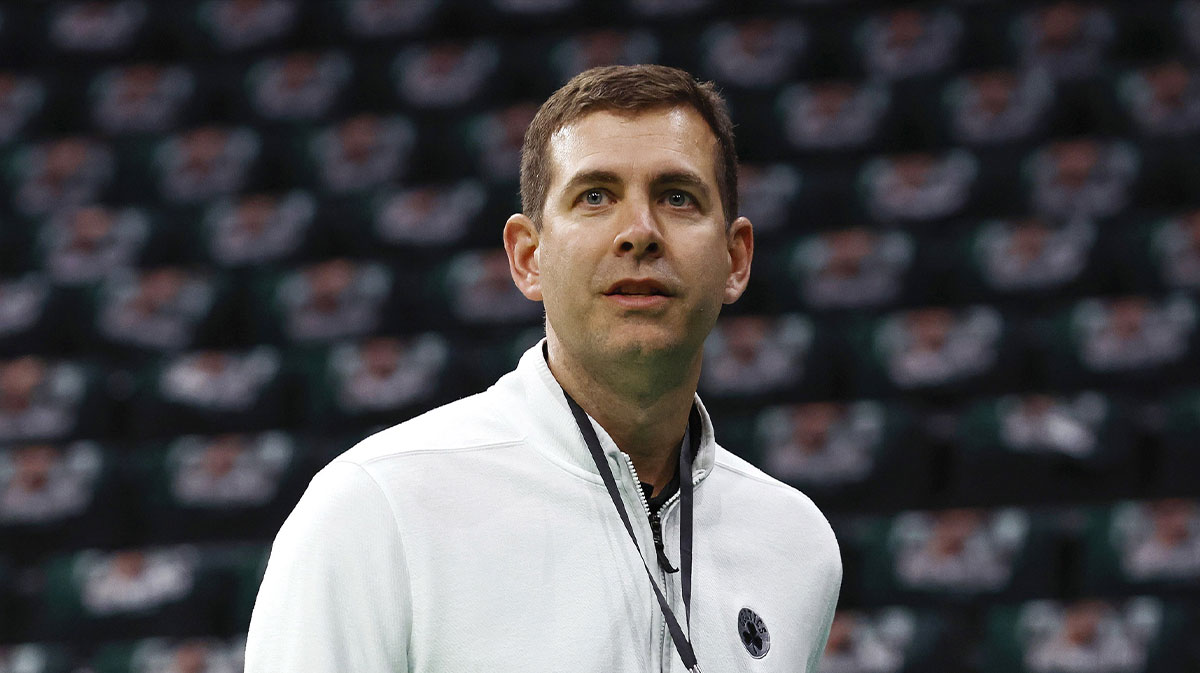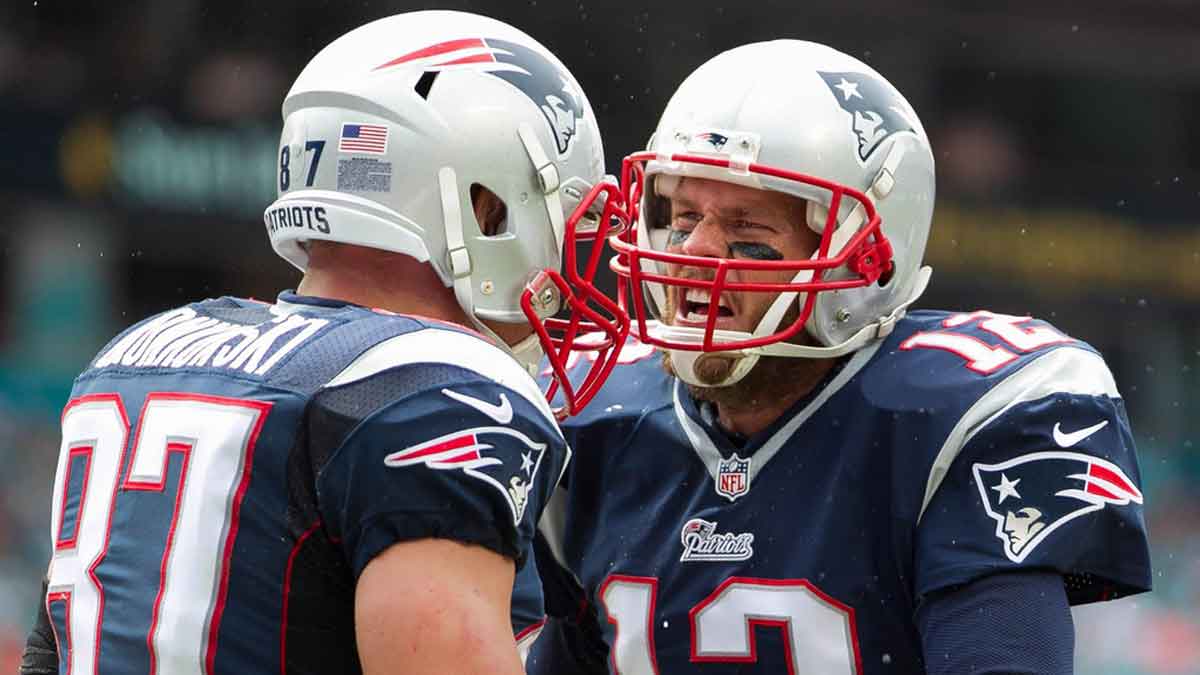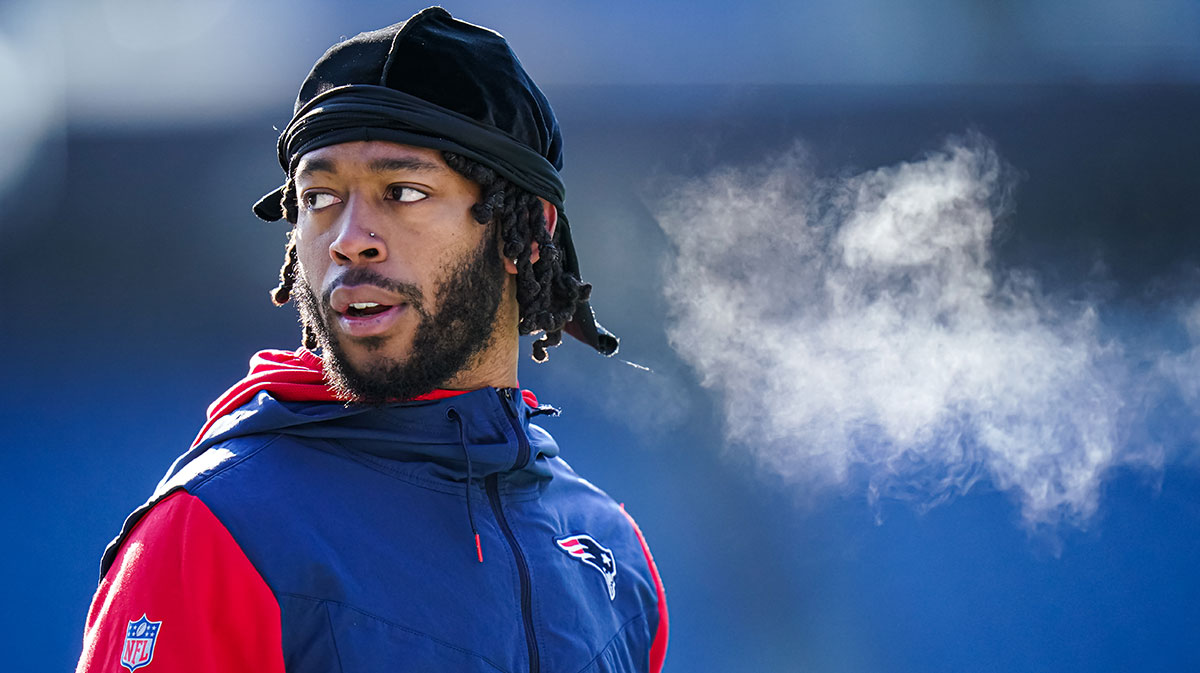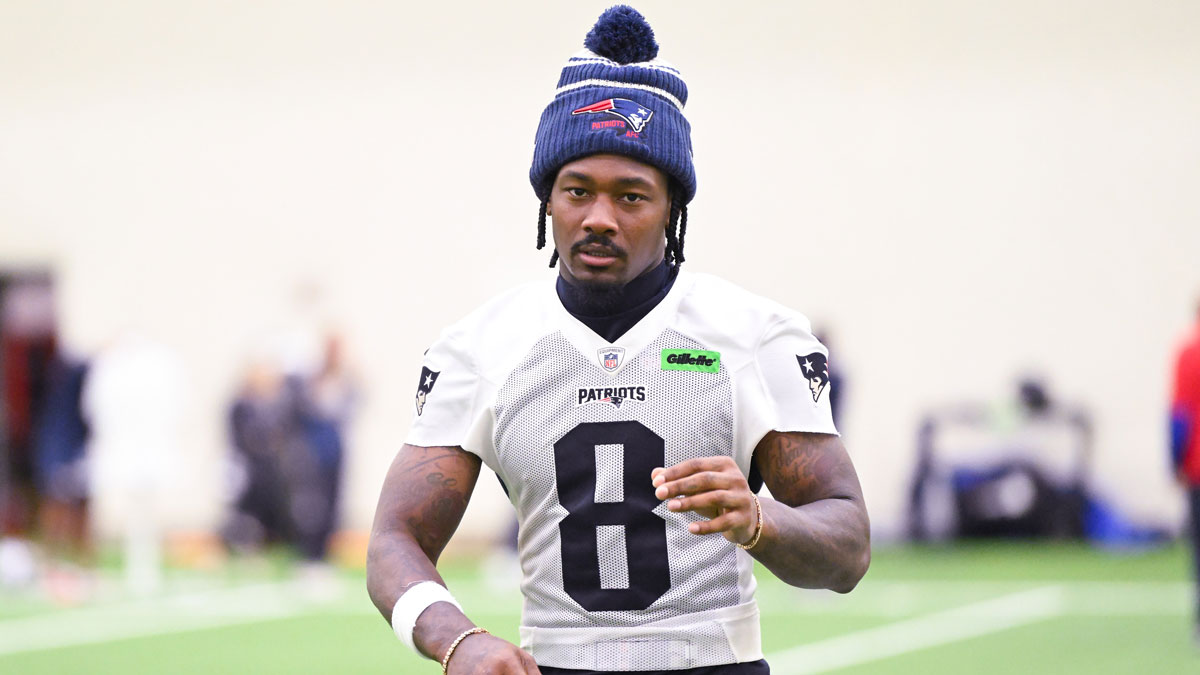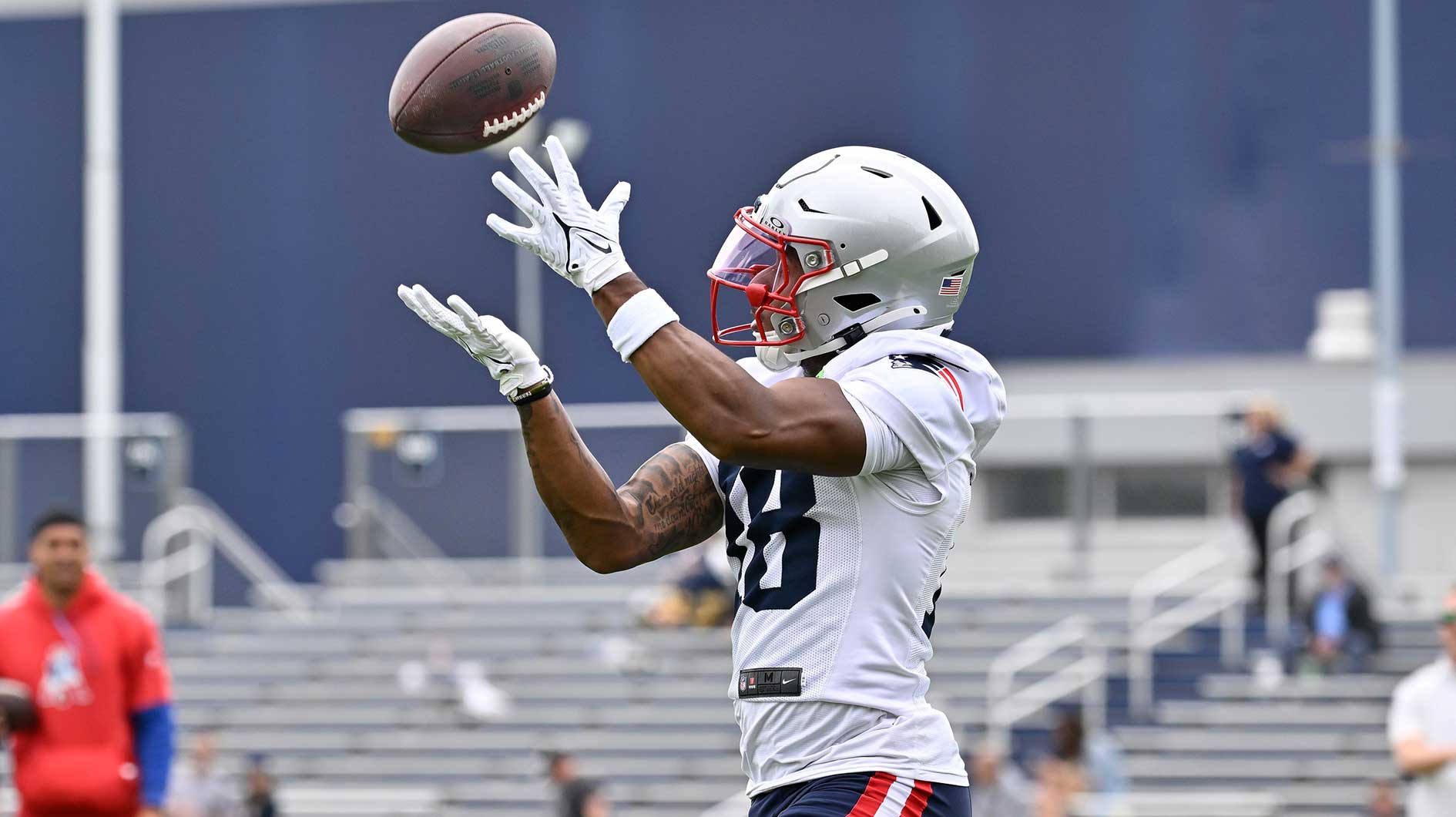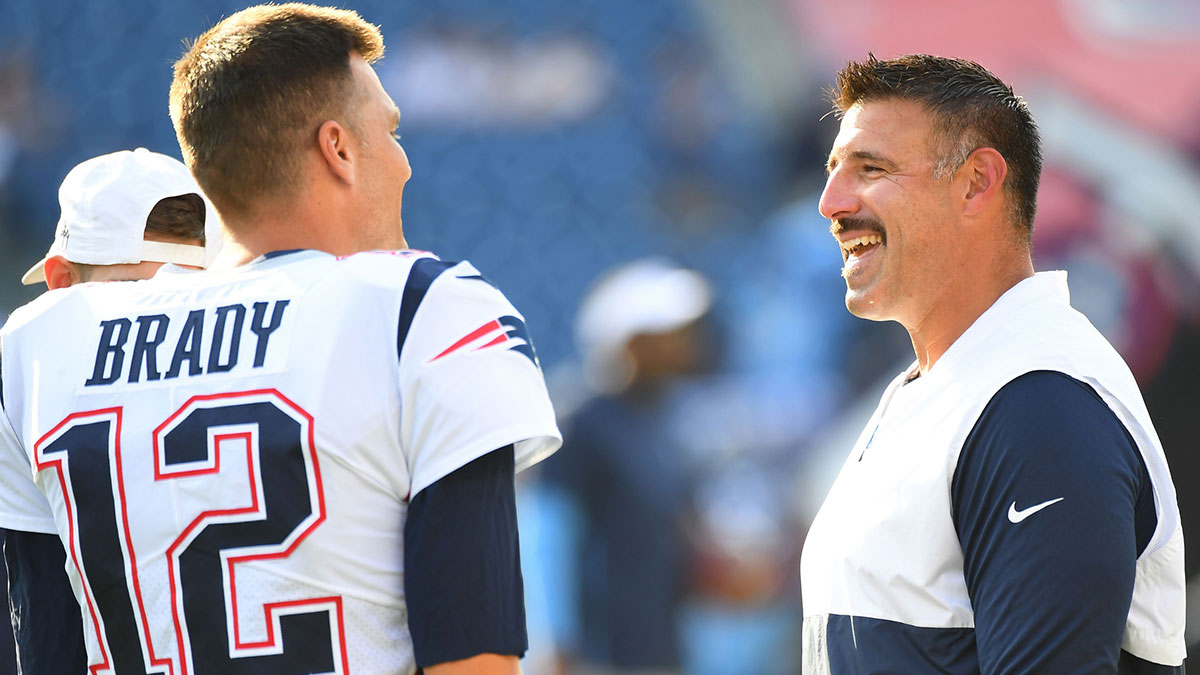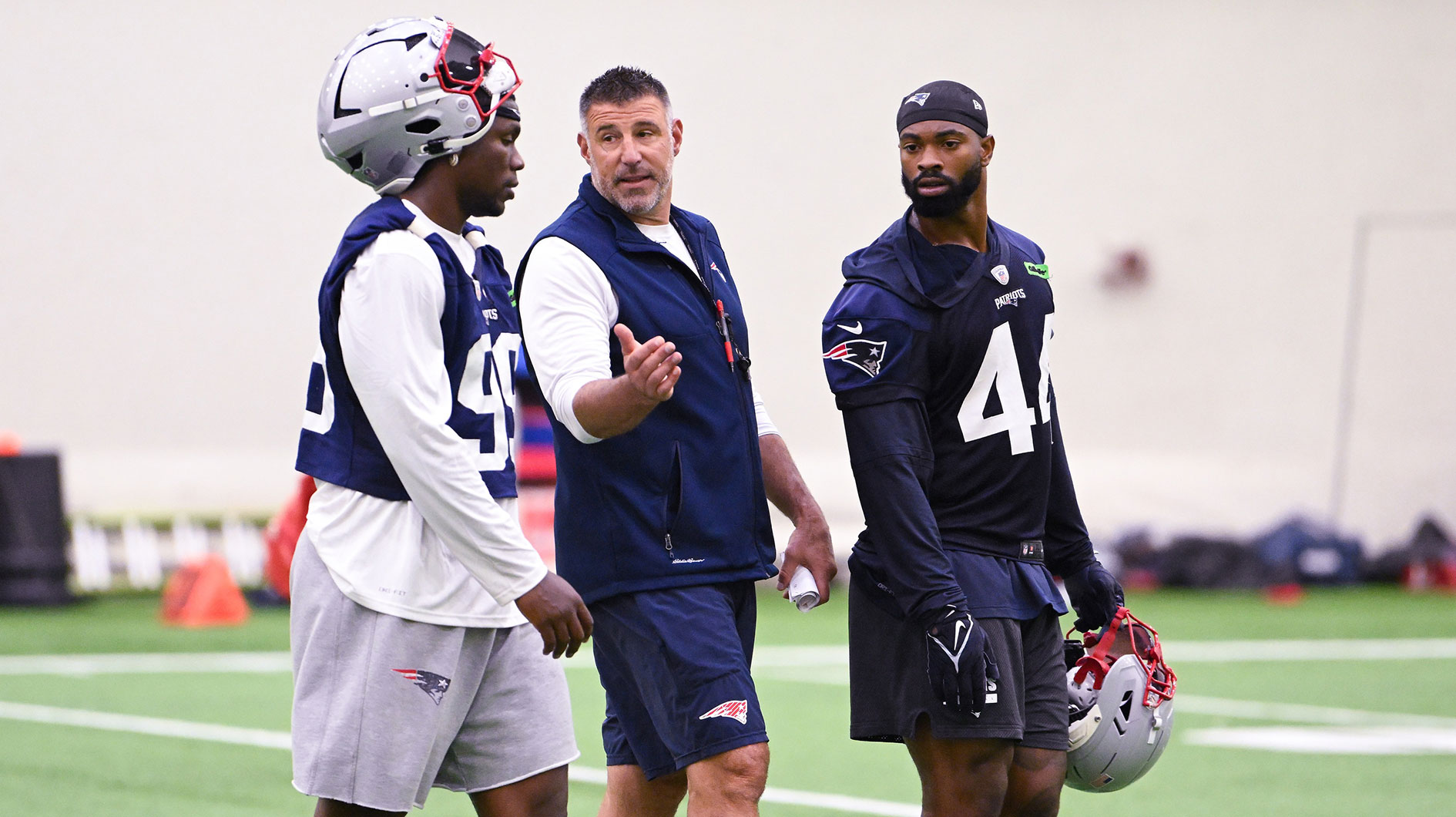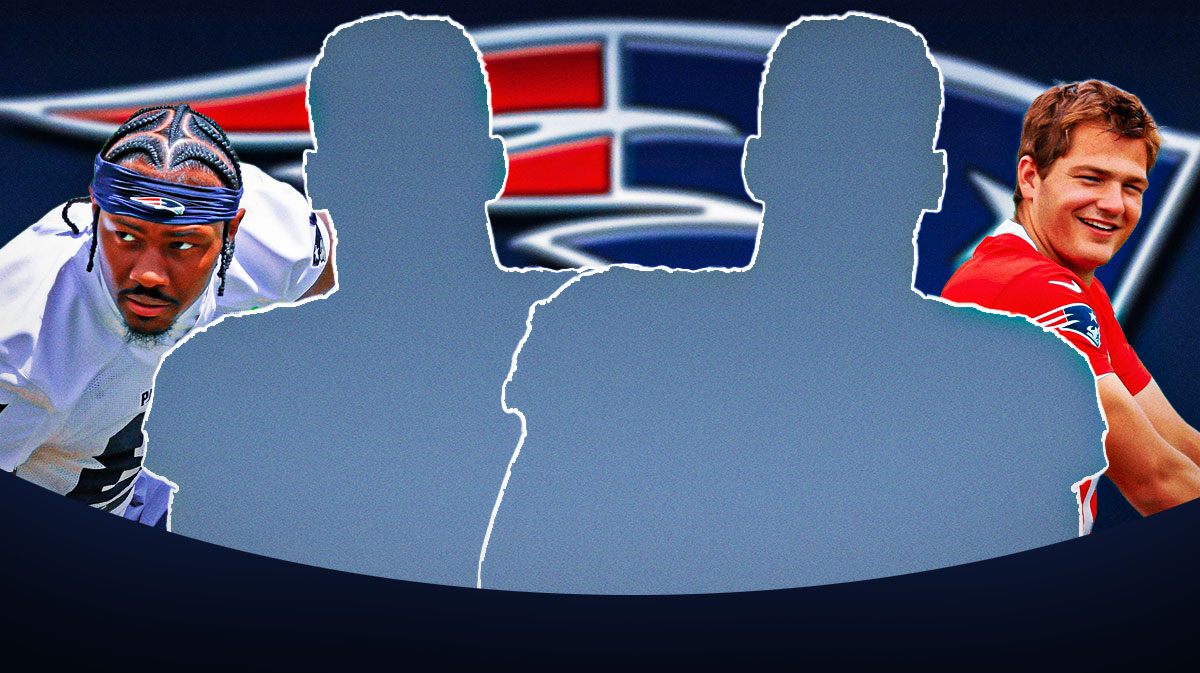Tom Brady is entering his 19th season in the NFL, and he will turn 41 years old in August. In 2017, he led the New England Patriots to the Super Bowl, throwing for 4,577 yards, 32 touchdowns, and just eight interceptions on his way to the MVP award. He was named first-team All-Pro for the first time since 2010, and he made his tenth straight Pro Bowl.
Brady is showing no signs of slowing down, but his advancing age means he should be. The same was said about Peyton Manning, who, although he was a few years younger than Brady, suffered one injury and his career was in jeopardy.
Even though fans may not want to think about it, the Patriots won't have Brady forever. And, it may be time to start preparing. Trade rumors (substantiated or otherwise) have swirled for years around Brady, but nothing has happened. That's unlikely to change, but if New England were actually to deal their legendary signal caller, what kind of return could they get?
This hypothetical scenario presents a fallacy; if the Patriots are willing to or trying to trade Brady, they won't get enough in return to warrant moving on from the future Hall of Famer, who is still a top 3 NFL QB. No NFL team will offer much for a 41-year-old who could retire after the season. In short, no team will offer enough for the Patriots to trade him.

This is similar to the Andrew Luck situation. Earlier in the offseason, reports stated that the Colts were considering trading Luck for a top-five pick, if offered. Now, why would a team trade away a top-ten QB who is only 28 and is under contract through the 2021 season?
The only logical reason is that they feel as if his shoulder injury, which cost him the entire 2017 season, is extremely serious and will both shorten the rest of his career while also reducing his effectiveness when playing. Another team will realize this, and will not be interested in trading away an incredibly valuable draft pick for a gigantic risk like a QB with a bad shoulder.
For conversational purposes, let's say a championship contender suddenly needs a QB. Perhaps the Falcons' Matt Ryan, the Saints' Drew Brees, or the Vikings' Kirk Cousins suffers a season-ending injury. Those teams could be a good quarterback away from winning a Super Bowl and would exhaust their options for finding one. They would have to make it worthwhile for the Patriots to give up Brady, but they would be hesitant to mortgage their future for one season.
Recent history gives us multiple examples of situations similar to this. While the Browns aren't expected to be one of the NFL's top teams, they still had to give up the first selection of the third round for Tyrod Taylor, whose contract expires after this season.

Last season the San Francisco 49ers traded a second-rounder to the Patriots for Jimmy Garoppolo, a former second-round pick himself who had received limited playing time but had impressed during it.
In 2016, the Philadelphia Eagles traded Sam Bradford to the Minnesota Vikings for a first-round pick along with a conditional pick, which ended up becoming a fourth-rounder.
In 2011, the Oakland Raiders sent a first-round pick and a future second-rounder to the Cincinnati Bengals for Carson Palmer.
In 2009, Jay Cutler was traded along with a fifth-rounder from the Denver Broncos to the Chicago Bears in exchange for two first-round picks, a third-rounder, and QB Kyle Orton. This situation was unique because Cutler was just 25 years old and had already proven himself as a solid NFL QB.

In 2003, after realizing that Tom Brady was their future, the Patriots sent Drew Bledsoe to the Buffalo Bills for a first-round pick.
When teams think they have a shot at a Super Bowl, they can sometimes get desperate. Trading a first-round pick for a QB is a risk, especially when the player is older and is not under team control for the foreseeable future. Brady would be no different, but he is also on a completely different level than any other QB traded. However, he is also considerably older.
If a team truly thinks that adding Brady would take them to the next level, then parting with a first-round pick would be talked about. Giving up the 29th overall pick, for example, is a lot, but you're getting All-Pro level QB play for that season combined with years and years of playoff experience. If Brady were to command the offense of Minnesota, Atlanta, or New Orleans, they would probably be the favorites to win the Super Bowl.
It's extremely unlikely that Tom Brady will be traded, but if he is, a first-round pick from a desperate contender would be his price. The Patriots would then have to decide where they will look for their next quarterback, while Brady would try to win one more ring, this time without the help of Bill Belichick.

